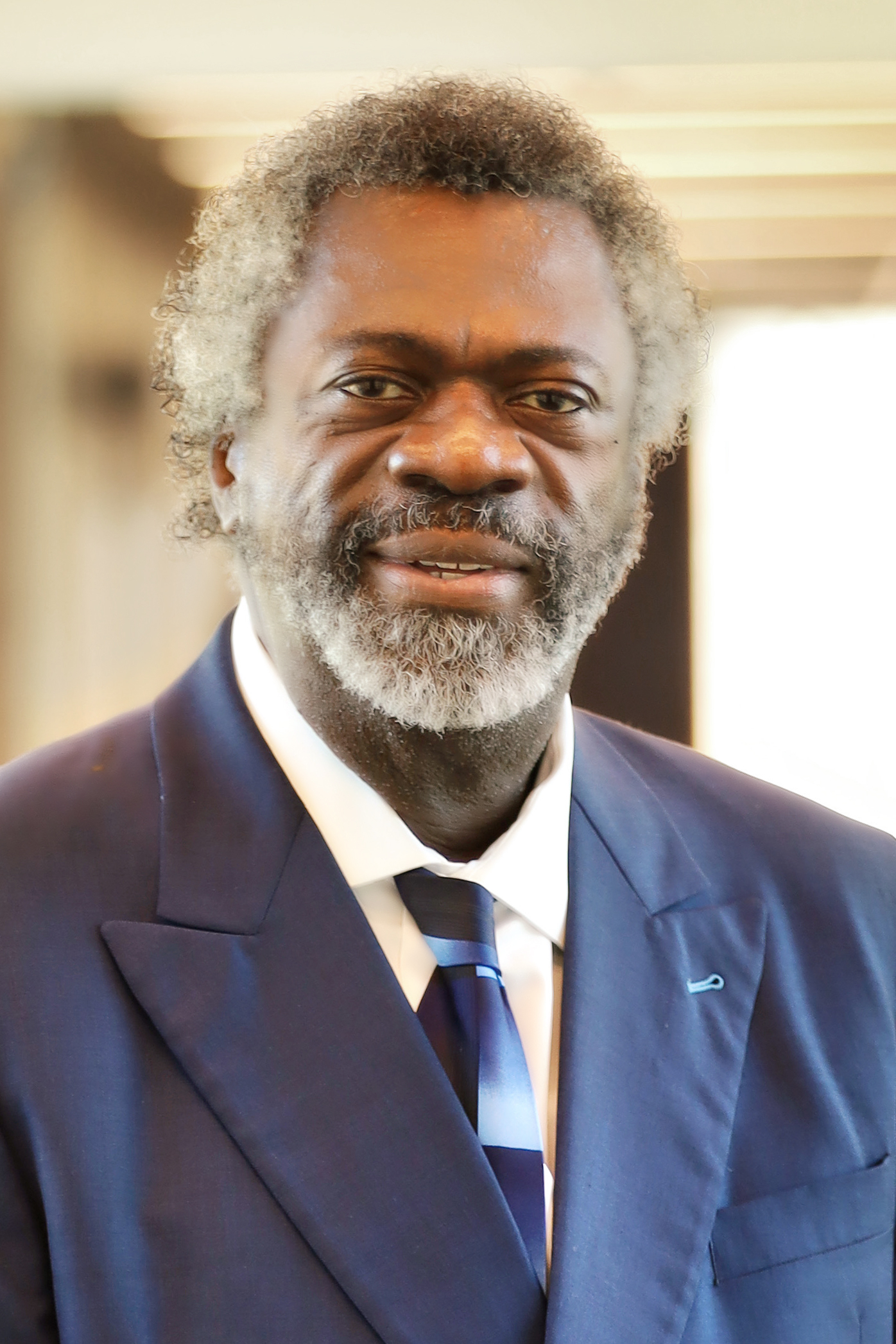Knowledge and Understanding is Key to DUSON’s New DEIB Leader
Ernest J. Grant, PhD, RN, FAAN, vice dean of the Office of Diversity, Equity, Inclusion, and Belonging (DEIB) at DUSON initially joined the School in March, 2023. The immediate past-president of the American Nursing Association, and first-ever male to hold the position, Grant says diversity and representation in nursing matters now more than ever.
“It’s important that we recognize and support diversity, equity, and inclusion efforts because of who we are as a country,” Grant says, noting that DEI offices across the nation are facing a tough political climate. “As America becomes more diverse, from a nursing perspective, we must be able to understand where each individual is coming from. By better understanding a person’s ideas and culture as it relates to health and health care, that understanding enables us to provide the best care possible.”
The School recently redesigned its curriculum to incorporate cultural and social awareness into its teaching, Grant says, and his office will continually monitor issues that arise in that regard, especially as policies and legislation come forth that may affect nurses’ ability to provide care. For instance, gender-affirming care and abortion policies have changed in North Carolina and across the country, so providers need to understand how they can legally help patients who might face tough health care decisions.
Staying abreast of political and legislative health care issues is important to being a nurse, says Grant, who himself has spent decades as a leader in burn prevention education and policy advocacy. DUSON prioritizes educating its students to be leaders like Grant, which means being aware, in every sense of the word. Nurses need to seek knowledge about the bigger world that affects not just patients, but themselves as caregivers. Nurses must also have a keen eye for information-gathering, so they can provide holistic patient care. One initiative of the DEIB office is to invite guest lecturers active in the policy arena to remind students that what happens on the political stage matters because nursing is about much more than health care.
“It’s not just treating the person for what they may have come into the office for,” Grant says, “but it is spending a little bit of extra time to find out about their home environment.” Asking about social determinants of health, like whether a patient has safe living space, access to healthy food, and transportation, are critical questions. Nurses at DUSON are taught to advocate for their patients by networking and communicating with their colleagues and other partners who can help address negative social factors that can affect health outcomes.
Classroom discussions about students’ clinical experiences help build awareness and sensitivity, one of the goals of the DEIB office, Grant says. Not only is it important for nurses to be sensitive to other cultures, ethnic traditions and identities, the DEIB office also wants to ensure the School recruits future nurses that diversify the pool of providers. Schools can no longer use affirmative action in admissions, but it’s still important to recruit and retain students from different backgrounds, Grant says. “I believe nursing should be reflective of the people that we care for.” Men and people of color are underrepresented in the profession. At DUSON, increased scholarship offerings are the first step, Grant says, but one new initiative goes beyond graduation, addressing ways to educate students about finances, with the goal of creating generational wealth. Students who come from challenging socioeconomic backgrounds or who are first-generation graduates can learn how to save, invest and still meet student loan obligations.
A North Carolina native, Grant started his career in the mid-1970s at the Asheville Buncombe Technical Community College’s Licensed Practical Nursing program. Prior to joining Duke, Grant served as the burn outreach coordinator for the North Carolina Jaycee Burn Center at University of North Carolina (UNC) Hospitals in Chapel Hill and was an adjunct professor at the UNC School of Nursing. He earned his Bachelor of Science in Nursing from North Carolina Central University and his master’s and PhD from UNC-Greensboro. In 2002, he was awarded Nurse of the Year by President George W. Bush, for his work treating burn victims of the World Trade Center tragedy.
“I’m excited to be in this position and carry on the tradition of excellence DUSON has,” Grant says. People often associate DEI with minorities and people of color only, Grant says, but he wants his office to be more than that. “I think of it as being a part of me, as part of my family.” He wants students to feel they are here not just to get an education, but that they can contribute, and that what they say is valued and appreciated. “The use of the word belonging is to get across the point that you do belong, and that you are valued here, and you have a voice, and we welcome that.”
